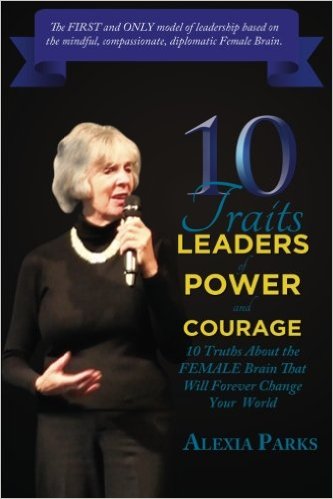Worried about the MERS virus? As a global virtual mentor for the United Nations UN-Habitat YouthFund, and in my work as a science journalist, I travel around the world without ever leaving home. Over the past few days I have been asked: “Is it possible to get the flu twice within a few months?” Yes. “Can you help me pay for tonsil surgery?” No. “Can we cancel our (Skype) meeting? I’ve been in bed for a week.” Yes.
Antibiotics are losing their power to fight infections. “It’s a problem that belongs to the entire planet,” says Dr Carmen Pessoa Da Silva, who leads a scientific team on antimicrobial resistance at the World Health Organization.
If antibiotics are losing their power to fight infections around the globe, how can the ordinary person – without a knowledge of science – fight back against disease?
As a member of a group of super fit seniors who focus on health and fitness as a lifestyle and spiritual practice, my recommendation to WHO is this: follow me around for a day. Develop a program around what I do on a daily basis. With a cost of pennies a day, here is what I do each day:
1. Eat two meals a day that include a small amount of high quality protein. Antibodies made in the body’s own immune system are made of pure protein. Eggs and sardines set the “gold” standard for protein with a rank of 100%.
2. Avoid eating in between meals in order to strengthen stomach acid which will kill bacterial and viruses on contact. I also avoid drinking liquids at each meal for the same reason.
3. Include the good oils, also called FATS, to lubricate the skin so it doesn’t become a cracked and porous opening for bacteria and virus to enter the body. Good oils include olive oil, canola, coconut and avocado oil.
4. Include the GOOD probiotic bacteria either through a live culture such as that found in yogurt (make sure it says LIVE culture) or a supplement once a day. The reason: good bacteria – called probiotics – are now known to tremendously bolster the immune system. Babies who are not breastfed, who miss the transfer of the mother’s immunity through her breast milk, almost always have problems with their immune system later in life.
5. By default, never raise your cortisone levels unnecessarily. Stress, which causes the cortisone levels to rise KNOCKS OUT the immune system. Twenty minutes of aerobic activity, stretching, flexibility CORE exercises and touch can rapidly reduce stress levels in the body.
6. Avoid obsessive cleanliness. Why? Because this doesn’t permit the spectrum of bacteria inside your own body to develop a protective immune system.
7. Make sure to have enough fiber in the diet because this fiber becomes the food for the pro-biotic bacteria to stimulate the immune system.
8. Stay away, as much as possible, from wheat products. Be gluten-free. Rye, wheat, pumpernickel have gluten. Rice and corn don’t. Use these, as a substitute. The reason is that too many wheat products will irritate the intestinal lining, called the “gut” and make it porous to bacteria and viruses.
Bacteria and virus leaking into your body through your gut will put your immune system on overdrive and overtax it. Wheat products with the gluten, can turn the gut into a sieve, and everything will leak into the body including tons of bacteria and causing a wide-spread immune response. This will waste your immune system, unnecessarily.
Names given to this include: Crohn’s Disease, Leaky Gut Syndrome, and Inflammatory Bowel Syndrome. When the immune system is chronically activated without stop, it may be unable to help other areas of the body resist disease. The result may show up as a return of a mutated form of the flu virus, infected tonsils, or other illness.
9. Include Vitamin C plus bioflavonoids at mealtimes. Bioflavonoids are usually white in color and include the white rind of citrus fruits and the white pulp of red or green bell peppers.
10. Include the mineral zinc. Excellent sources of zinc include brewers yeast, nutritional yeast, and shellfish.
The result? A robust body-centered immune system based on a set of daily habits that optimize your life for whole body health.
Alexia Parks is a science journalist, impact entrepreneur, and UN-Habitat YouthFund virtual mentor who uses communication technology and the New Science of the female brain to inspire and motivate a new generation of leaders. She is also author of 13 books including 10 Traits of Women of Power and Courage,


